
Test your neurology knowledge with NeurologyLive®'s weekly quiz series, featuring questions on a variety of clinical and historical neurology topics. This week's topic is on gene therapy for neuromuscular disorders.

Test your neurology knowledge with NeurologyLive®'s weekly quiz series, featuring questions on a variety of clinical and historical neurology topics. This week's topic is on gene therapy for neuromuscular disorders.
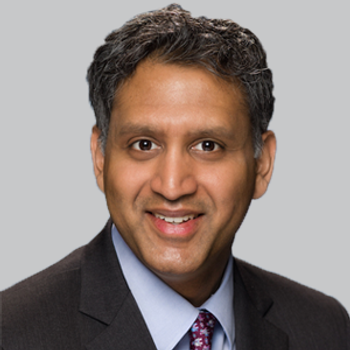
Erenumab (Aimovig) effectively reduced chronic headaches in a patient with a history of aneurysmal subarachnoid hemorrhage, showcasing the therapeutic potential of CGRP-targeting treatments for post-aSAH headaches.
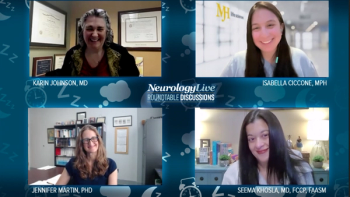
Experts discussed the biological misalignment caused by daylight saving time, emphasizing its negative effects on sleep, particularly in adolescents, and advocating for a shift to standard time to better align with natural circadian rhythms. [WATCH TIME: 6 minutes]
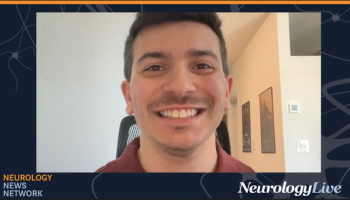
Neurology News Network. for the week ending March 15, 2025. [WATCH TIME: 3 minutes]
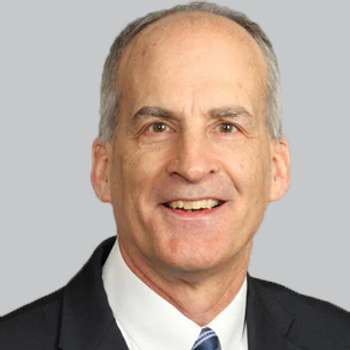
On World Sleep Day, the president of the American Academy of Sleep Medicine discussed the importance of sleep for health, the risks of sleep deprivation, nonpharmacologic strategies to improve sleep, and the need for greater awareness of sleep disorders.

Take 5 minutes to catch up on NeurologyLive®'s highlights from the week ending March 14, 2025.

Experts discussed the effects of daylight saving time on sleep patterns, cognitive function, mood, and overall health, highlighting challenges and adaptation strategies. [WATCH TIME: 6 minutes]

Experts discussed how daylight saving time affects sleep patterns, particularly in individuals with insomnia and other sleep disorders, highlighting the challenges of adaptation and the risks of chronic sleep loss. [WATCH TIME: 5 minutes]

Anne Marie Morse, DO, director of Child Neurology and Pediatric Sleep Medicine at Geisinger Janet Weis Children’s Hospital, dove into the importance of sleep health, its impact on brain function, and emerging research in honor of World Sleep Day.
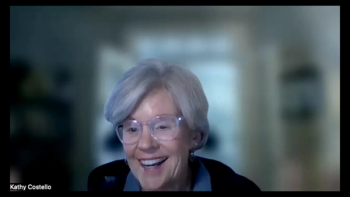
Kathleen Costello discusses her new role as interim CEO of the CMSC. She has the support of Jeff Wilken, CMSC president, and Tina Trott, CMSC director.
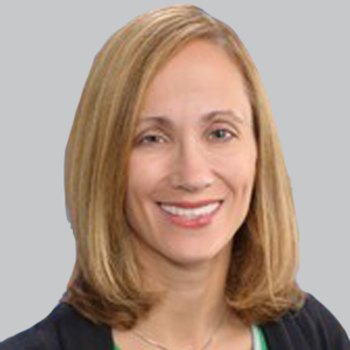
While effective in reducing amyloid plaques, donanemab carries a notable risk of amyloid-related imaging abnormalities (ARIA), underscoring the need for careful patient monitoring and risk management strategies.
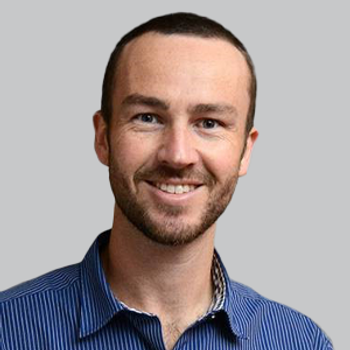
Findings from a recently published large-scale analysis highlighted the high burden of cognitive impairment among veterans with both migraine and TBI.
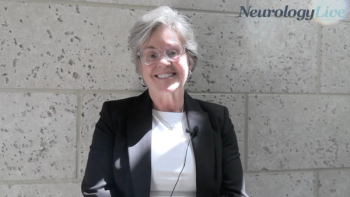
The interim chief executive officer at the Consortium of Multiple Sclerosis Centers invites healthcare professionals to the Consortium’s annual meeting from May 28–31 in Phoenix, Arizona. [WATCH TIME: 2 minutes]

New research highlights the significant economic burden of misdiagnosed migraine patients, revealing higher healthcare costs and resource utilization over time compared to those with accurate diagnoses.

Mind Moments®, a podcast from NeurologyLive®, brings you an exclusive interview with Bijoy Menon, MD, MSc, FRCPC. [LISTEN TIME: 18 minutes]
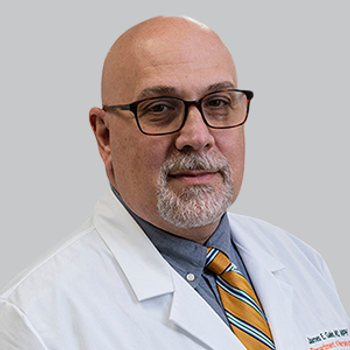
Participants who received the new batch of capsules during the extension phase experienced a lower incidence of falls compared with those taking the old capsules or placebo.
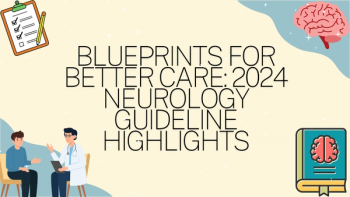
Explore the key 2024 neurology guideline updates shaping clinical care across stroke, epilepsy, movement disorders, and more in this essential feature.
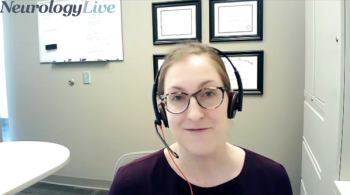
The child neurologist and neuroimmunologist at Nationwide Children’s Hospital delved into the unique challenges and research objectives surrounding MOG antibody–associated disease. [WATCH TIME: 3 minutes]

The professor of neurology at Northwestern University Feinberg School of Medicine discussed the NSD-ISS and its potential to refine PD diagnosis and clinical trial selection through biomarker-driven staging.
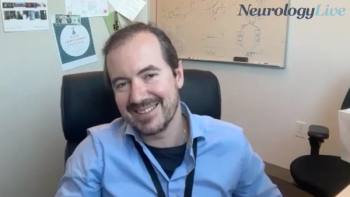
The associate researcher at the University of California, San Francisco discussed a refined EAE model that could better replicate MS pathology, enabling deeper insights into demyelination, neuronal loss, and remyelination. [WATCH TIME: 6 minutes]
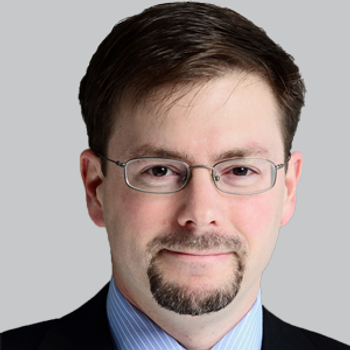
Treatment with the Chordate System led to a significantly greater reduction in monthly headache days during the performance assessment period, with a reduction of 3.5 days compared to 1.2 days in the sham group.
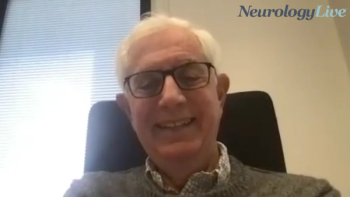
The professor of neurology and neurosurgery at McGill University discussed the evolving understanding of neuroimmune interactions in MS, highlighting how these interactions contribute to disease progression and potential repair mechanisms. [WATCH TIME: 4 minutes]
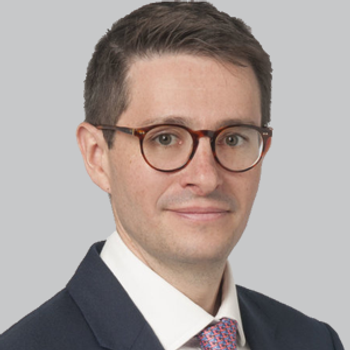
Daniel Ontaneda, MD, PhD, an associate professor of neurology at the Cleveland Clinic Lerner College of Medicine, gave thoughts and perspectives on some of the emerging, promising advances in multiple sclerosis care expected to come to fruition in 2025.
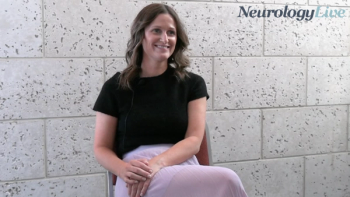
The assistant professor in the department of neurology at Mount Sinai talked about a recent study that highlighted how socioeconomic status and diet could significantly impact physical and cognitive outcomes in patients with MS. [WATCH TIME: 2 minutes]
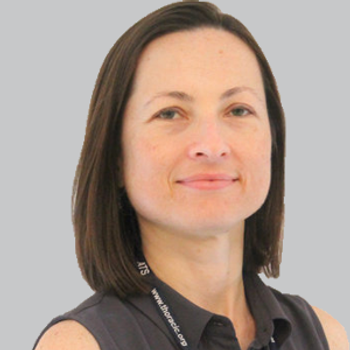
PAP therapy significantly improved cognitive function, particularly executive and psychomotor skills, in patients with Parkinson disease with comorbid obstructive sleep apnea.

Using more than 100,000 claims, the 36-month cumulative risk of acute myocardial infarction and stroke was similar between erenumab and other anti-CGRP mAbs, with minimal residual bias.
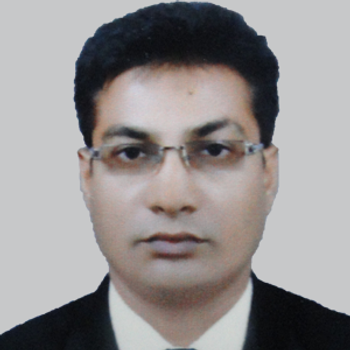
Treatment strategies varied across cases, incorporating therapies like prednisolone, rituximab, and azathioprine, with overall positive outcomes and symptom improvement.

Here's some of what is coming soon to NeurologyLive® this week.

Catch up on any of the neurology news headlines you may have missed over the course of February 2025, compiled all into one place by the NeurologyLive® team.
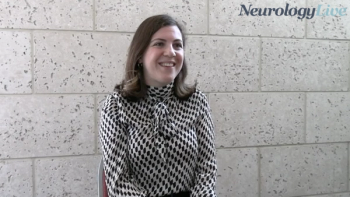
The instructor in the department of radiology at Weill Cornell Medicine discussed how structural and functional brain connectomes can potentially improve predictions of MS progression and treatment response. [WATCH TIME: 4 minutes]